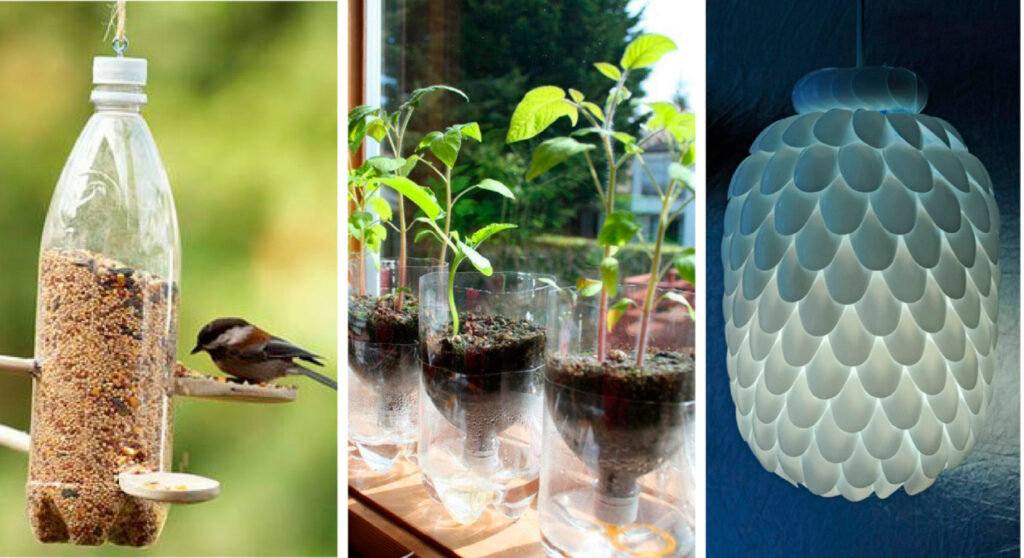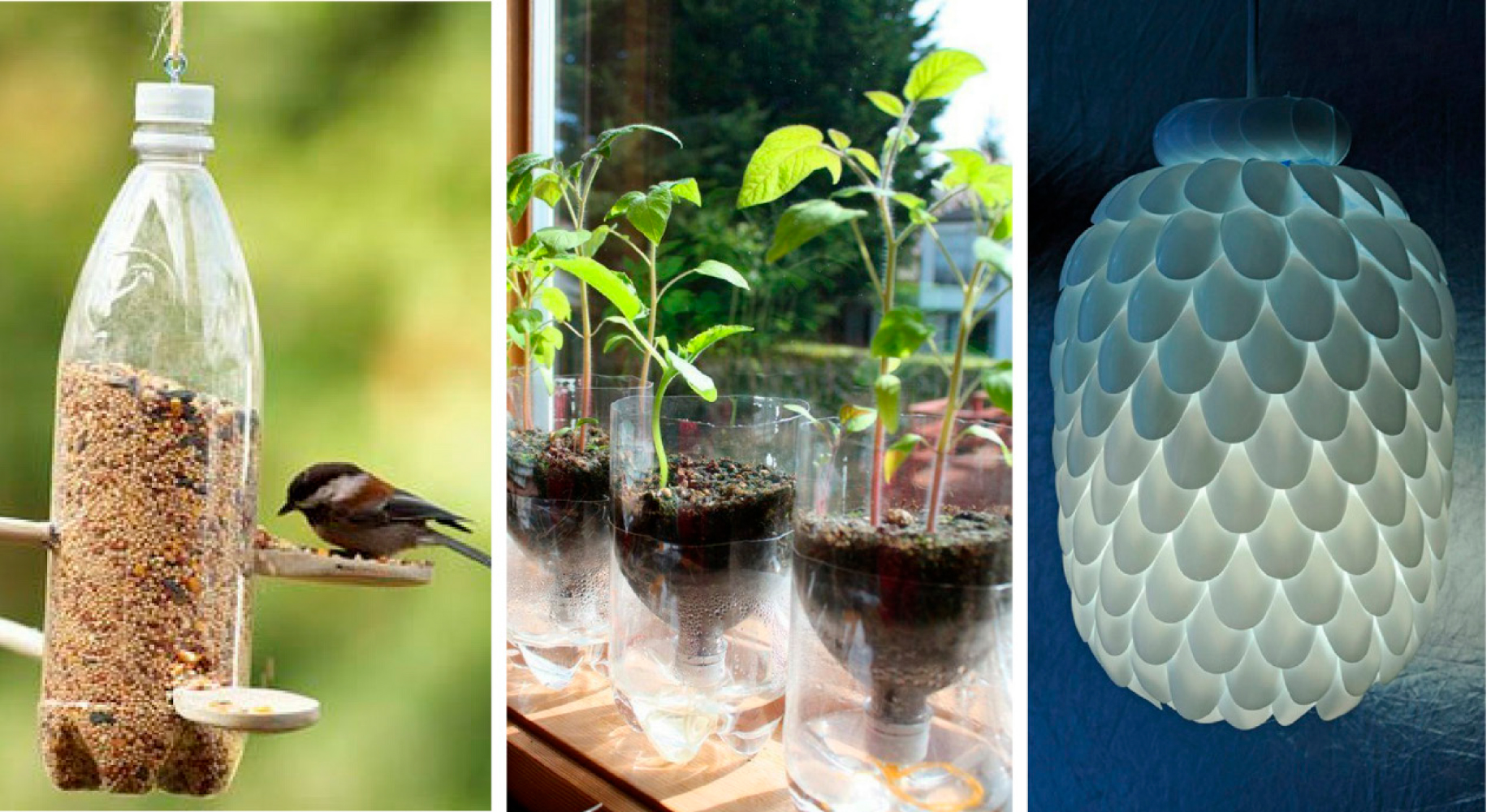
It may seem unlikely. But believe me, small changes can make a big difference. This maxim also holds true if you are serious about handling the waste in your home in an environment- friendly manner. All you have to do is incorporate the 4Rs principle into your daily routine. And for those who wish to take the sustainable path to the next level, simply add the 5th R.
The 4Rs can be distilled into the following mantra: Refuse, Reduce, Reuse, Recycle, with the 5th being Recover. I started my 4Rs home project by fixing a large sticker on the refrigerator that prominently showed the familiar recycling sign of three green arrows chasing each other. This will typically remind you of what needs to be done with every object in the house that you feel has finished its use — in technical language they call it the ‘end-of-life’ of a product.
Strictly enforce the ‘Refuse’ rule when you go shopping as well: refuse the shop keeper’s plastic bag.
It could be food that has passed its expiry date, fused bulbs, old batteries, used paper, waste cardboard, plastic packaging, glass or plastic containers, old and broken kitchenware, or worn-out furniture… the list is endless.
The best way to decide what to do is by applying the 5Rs rule. Being hierarchical about it helps. They say the 1st R – Refuse sets the right tone. You can always refuse to change something that is still up and running. Sometimes old is gold and can easily last another year if it is repaired. Repair shops are once again becoming fashionable world over. In India we can try to preserve and extend the lives of products we use, and in turn help a skilled individual earn his or her livelihood.
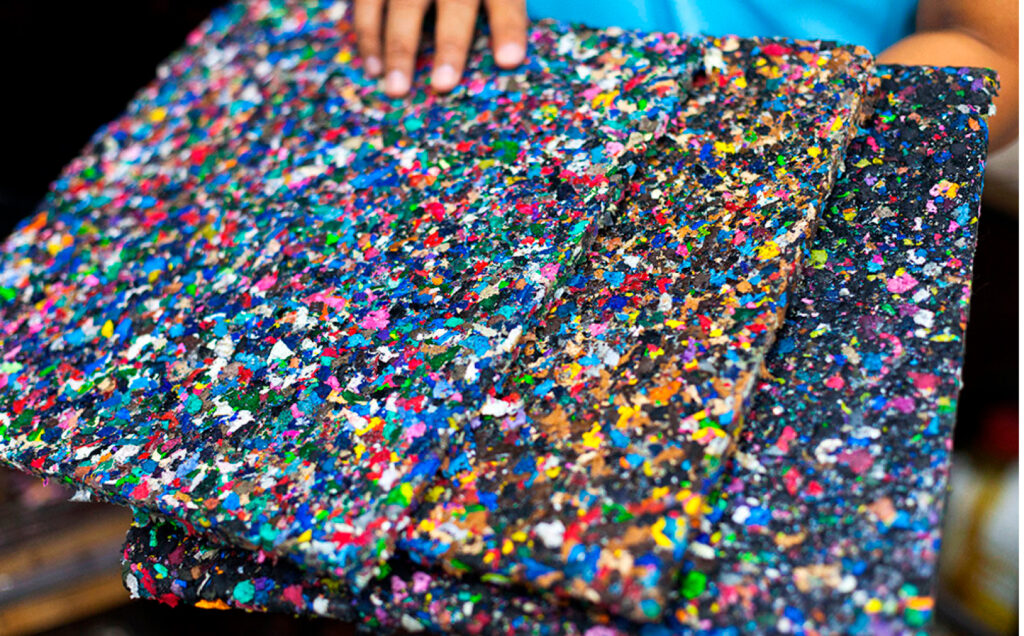
Strictly enforce the Refuse rule when you go shopping as well: refuse the shopkeeper’s plastic bag; avoid buying individually packed products in small sachets as it generates more waste; take your own sipper and mug along so that you can say no to paper or plastic cups and straws. If you really need to, use biodegradable leaf plates and bowls instead of plastic or thermocol cutlery and opt for e-bills and refuse paper ones.
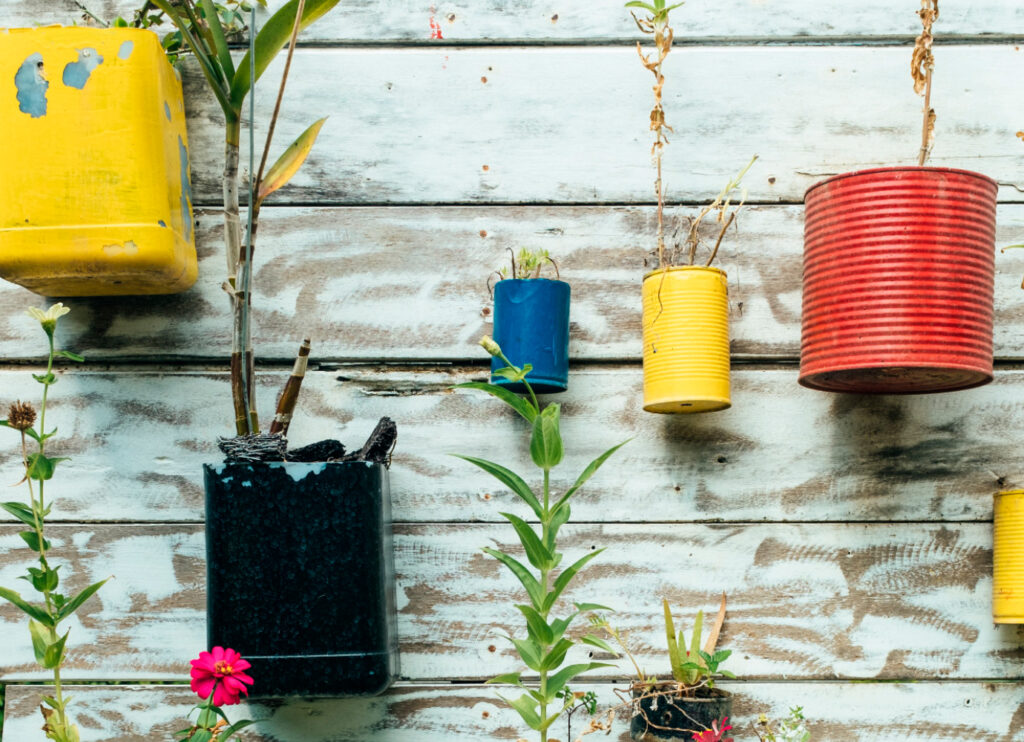
The 2nd and 3rd Rs – Reduce and Reuse, like the arrows on the sticker, chase the first one and each other. Try to reduce the waste by not generating it in the first place. Buy products that are hardy, practical, have a long warranty period and can be repaired. For instance, if you are investing in a laptop or an air conditioner, opt for the one with maximum warranty period even if it means paying a little extra in the beginning. Always purchase rechargeable batteries and save plugs and wires to be used again. In personal products, buy large size bottles, and in clothes, brands that are known to last long instead of inexpensive, off-the-street apparel that need to be discarded in a short while.
Though ‘use and throw’ had become the norm a few decades ago, the world is now realising that this is the crux of the waste issue and we are throwing faster than we can recycle. So, making ‘Reuse’ a virtue may be easier on the purse and also your thoughtful gift to the planet.

Reuse can also serve as an imagination booster. The internet has endless ideas for reusing material. For instance, unwanted shirts could be stuffed and refurbished into cushions; chipped mugs make great toothbrush or pen holders; slim bottles are great for growing plants and can be painted over; an unused guitar can be turned into an innovative bookshelf. There are no full stops — give vent to your creativity and before tossing out trash consider whether it can be repurposed for something useful. Of course, all organic kitchen waste is ideal for composting, a subject to be dealt with separately.
The 4th R – Recycling comes when all other options are exhausted, and from your perspective the products has reached its ‘end-of-life’. This is where the kabadiwalla and waste aggregators play their role. Now in some cities formal recycling units are also being planned. But before you call in the waste collector or visit a junk shop, sort out the waste according to categories such as paper, cardboard, bottles, tins etc. Your waste is a livelihood for waste aggregators, and usually they buy the trash at fixed rates.
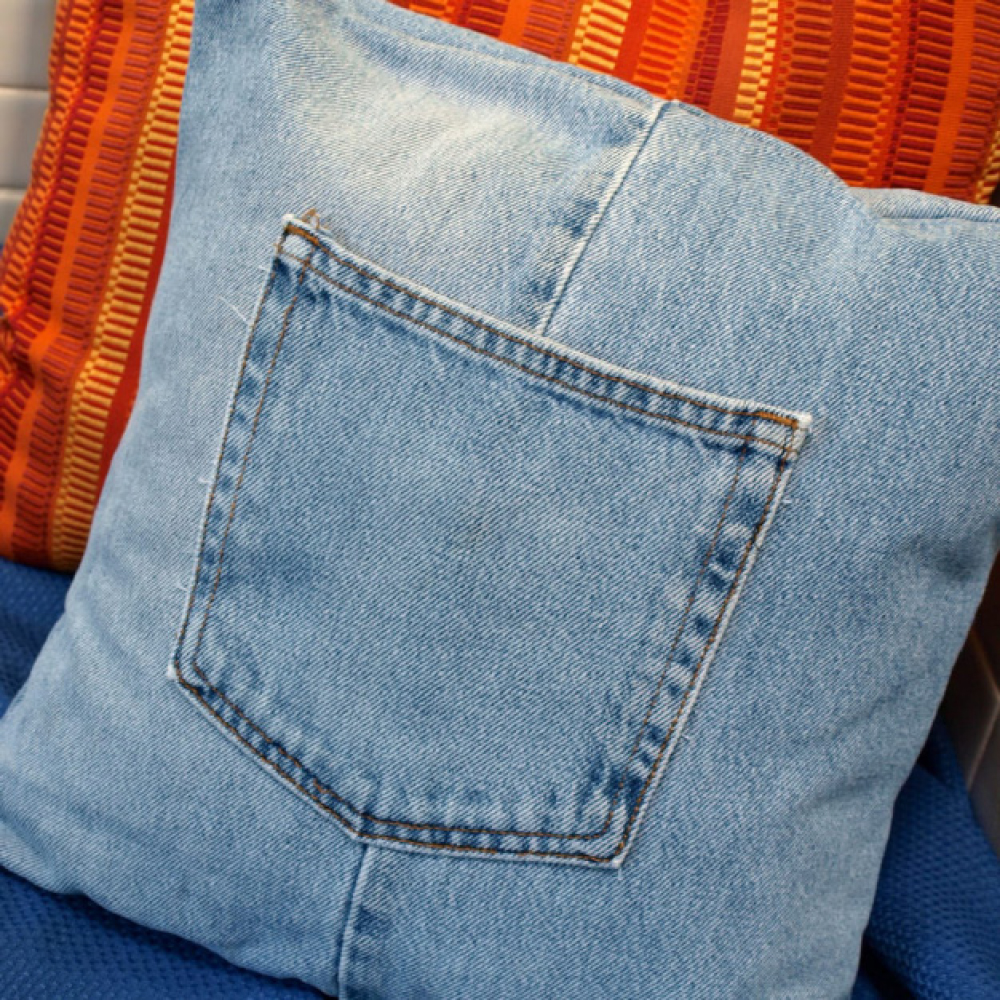
Then comes the last R – Recover. Mostly it is the recyclers who do the recovery and gain from it. But that is the key to building a circular economy, if only companies bought back their products from consumers and dealt with its end-of-life efficiently. If only they used the recovered material to create a new product, we would be living in a better world. That is exactly where we are trying to get to with the introduction of laws and concepts such as Extended Producer Responsibility, which put the onus of recycling on manufacturers.
But for those who want to Recover at home, it is best to refurbish by upcycling the worn-out piece and creating another use for it, or else handing it over to the waste collector for breaking it down or downcycling.
The writer is a senior journalist who writes on environmental issues.






